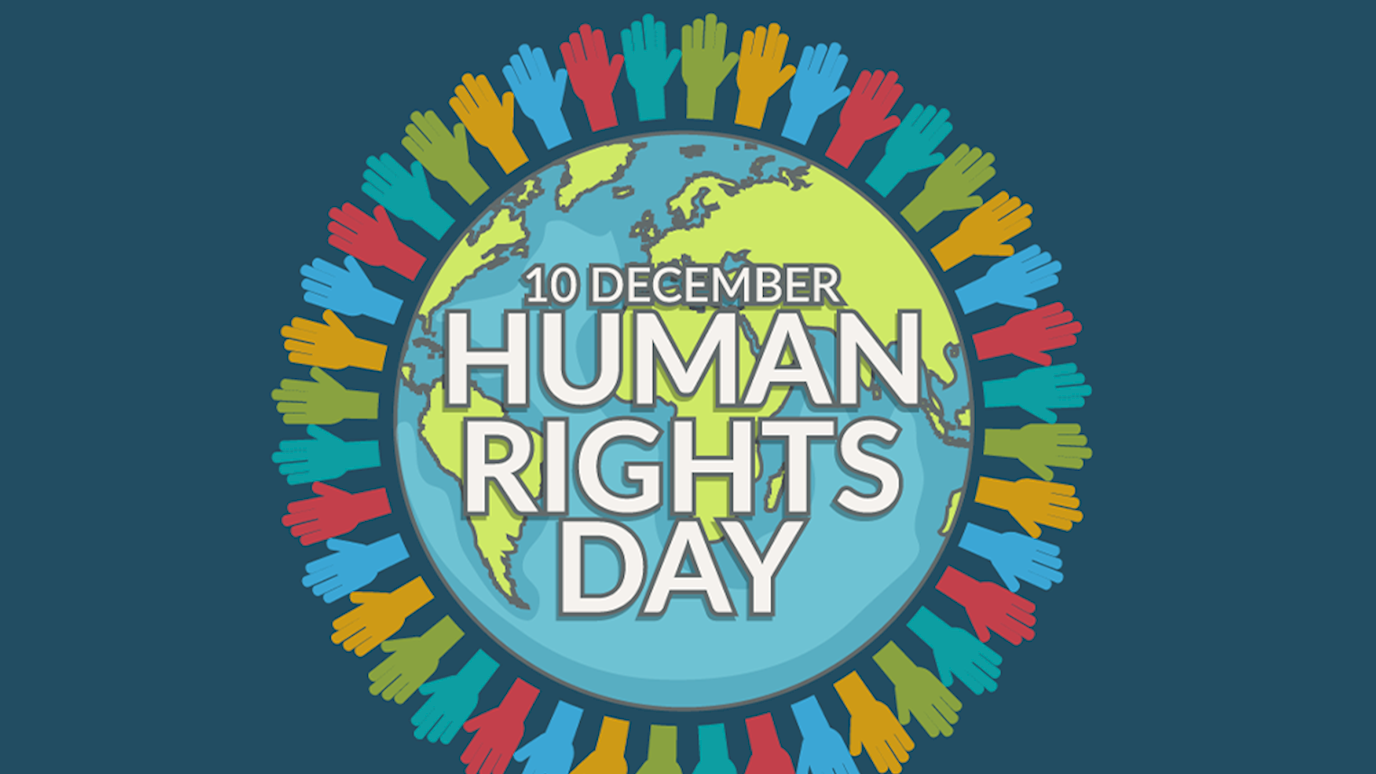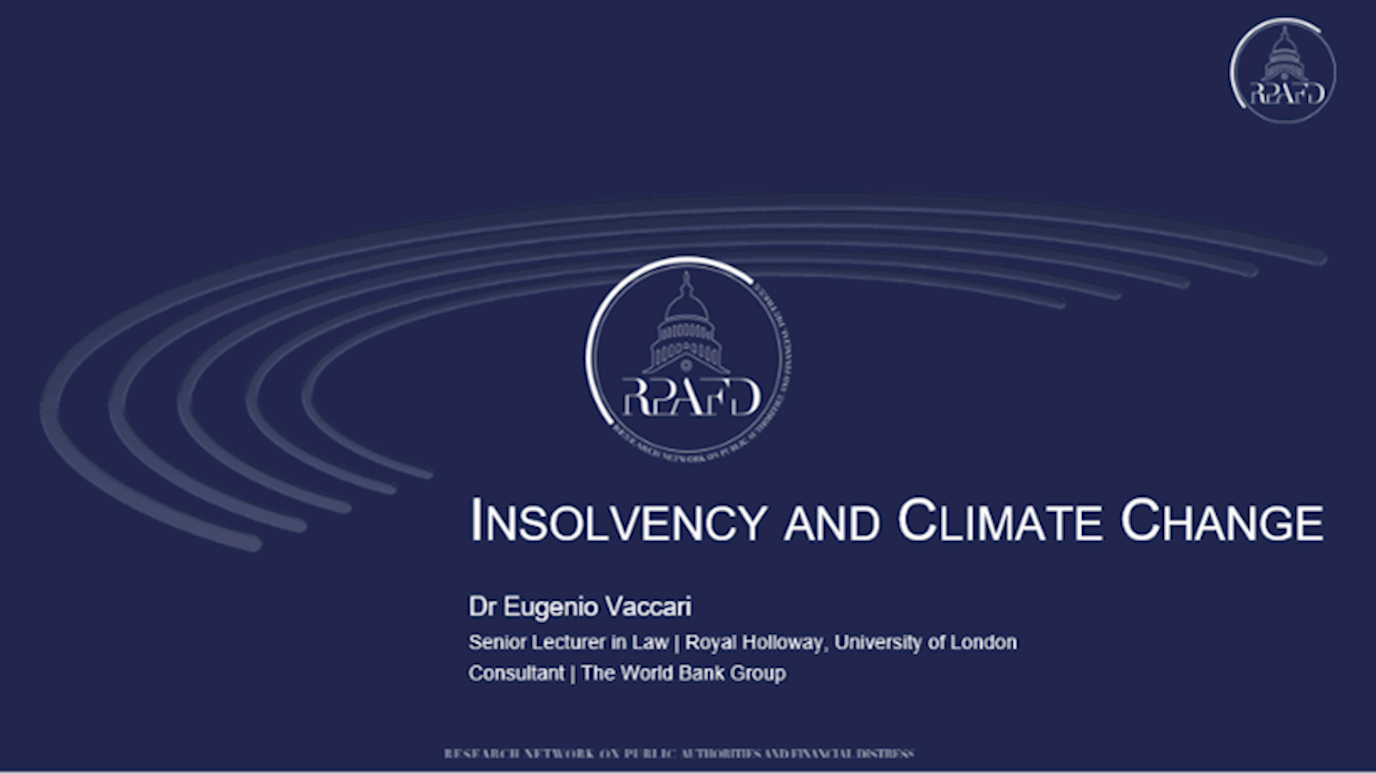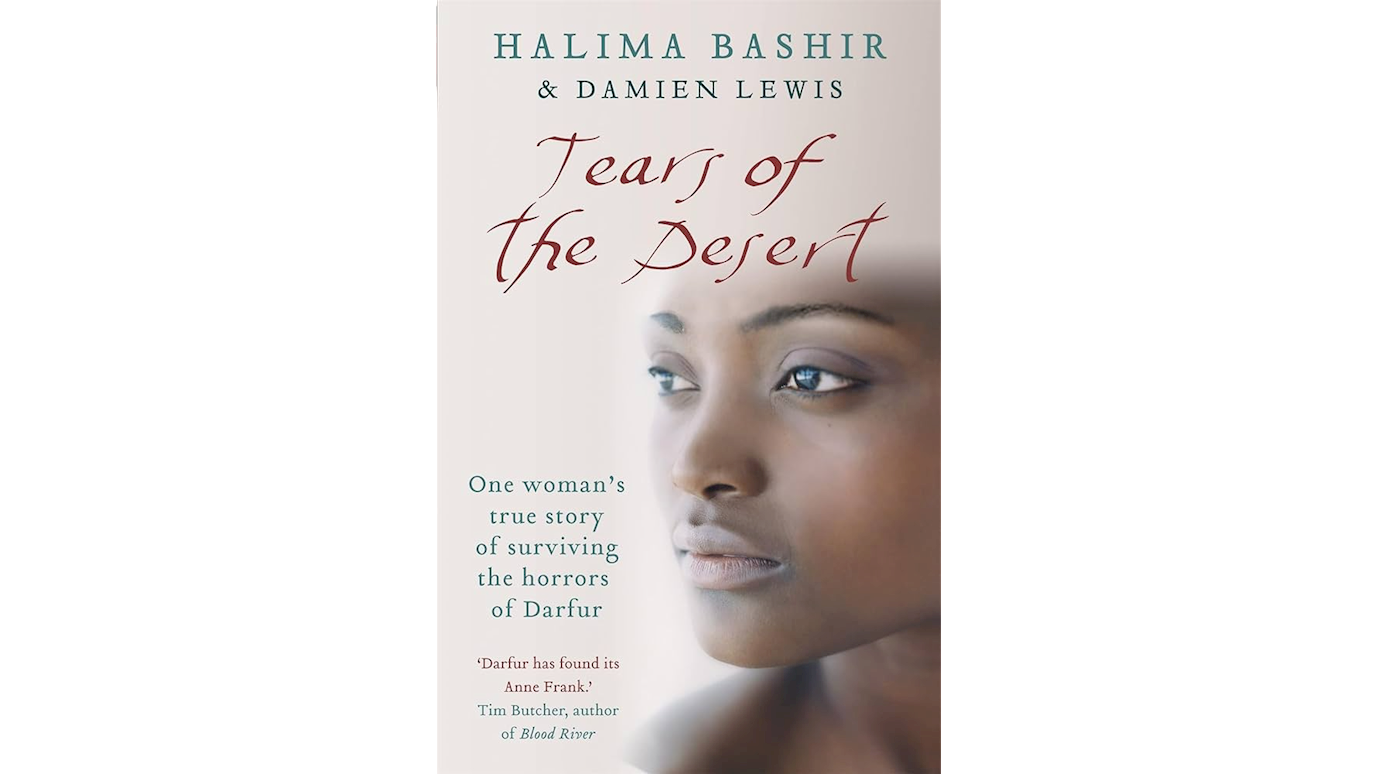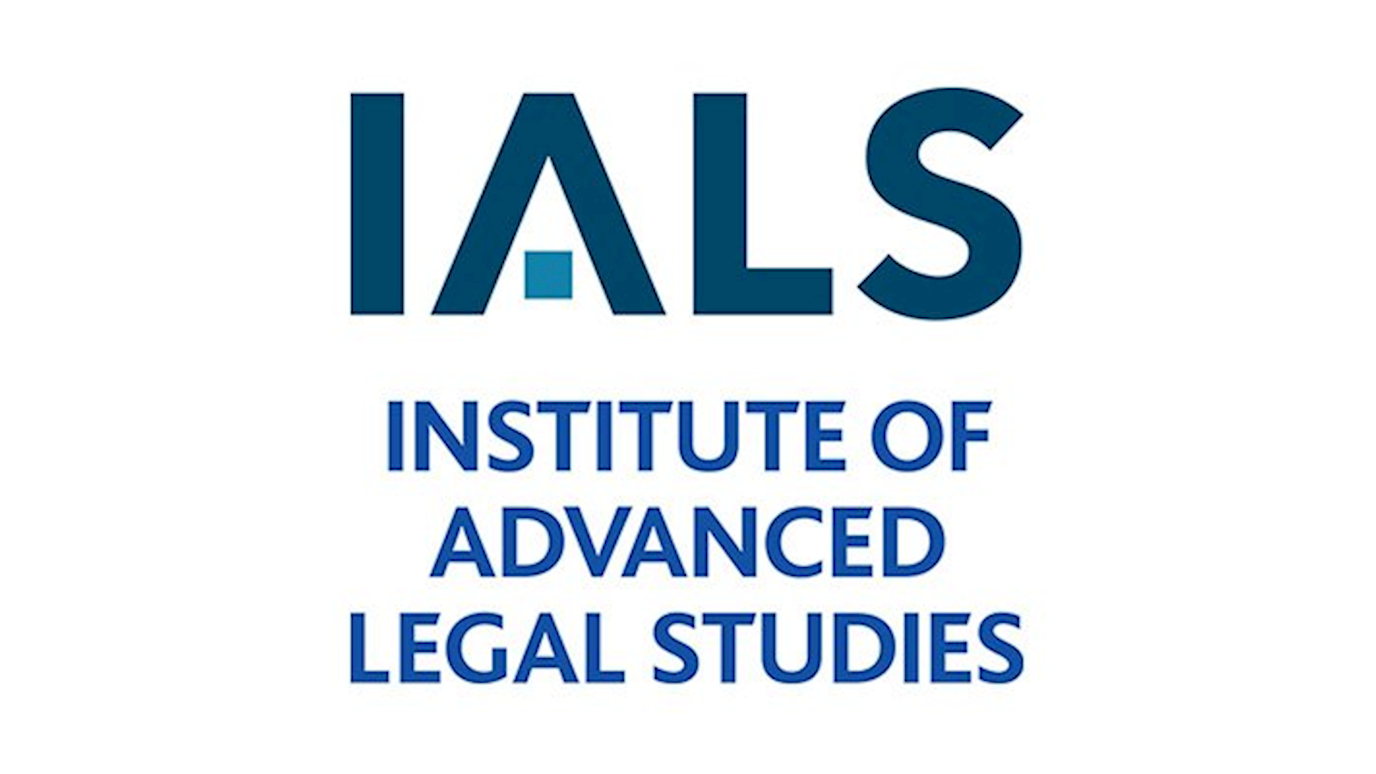For International Human Rights Day (10th of December), Dr Irene Antonopoulos is reflecting on the Universal Declaration of Human Rights (UDHR) which was enacted 75 years ago.

The 10th December 2023 marks the 75th anniversary of the Universal Declaration of Human Rights (‘Declaration’). The creation of the Declaration, led by Eleanor Roosevelt, came at a time of significant international developments and was a response to the atrocities witnessed during World War II. In this era, the Declaration’s articles addressed the concerns over the potential repetition of these grave human rights violations and called for a spirit of brotherhood and collaboration in ensuring this. By then, it was obvious that the League of Nations was a failure, and the creation of the United Nations in 1945 and the ensuing Declaration of Human Rights in 1948 were the epitome of a new commitment for global collaboration and the protection of all individuals as equals.
Before 1948, the idea that states would or could interfere in the way other states treat people within their jurisdiction was unrealistic. The Declaration, beyond recognising a list of human rights for all people, it also acknowledged that states have duties to protect them. This meant that a state could have a say on whether human rights violations were taking place in another jurisdiction and the United Nations as an organisation could hold accountable any state that was found to be violating human rights. In addition, the Declaration declared rights as universal, inalienable, indivisible and interdependent. The Declaration was the first significant codification of human rights and has been translated into more than 500 languages. Through this document, education on one’s rights was now possible. The Declaration also became the inspiration that led to the conception of the regional human rights instruments that developed and enforced in the years that followed with great success.
But the many shortcomings of the Declaration are still present today. By 1948 and since the beginning of the century, the world had already experienced two world wars and was going through the Cold War. Whilst the Declaration was an effort to bring States together to discuss the protection of the rights of the individual, the then socialist countries disagreed with the protection of the right to private property and were hostile to the Declaration overall. This was an early indication that the idea of a universal protection of human rights was a utopia. At the time, a significant part of the world was colonised and absent from discussions on the creation of these rights and state human rights duties. Freedom and independence were not a given. Inequalities and discrimination were and are still present within most aspects of society. Serious human rights abuses have taken place until the end of last century and 21st century has been marked with a complete change of the freedom of speech, religion and autonomy through the adoption of questionable laws across the world. But the reality is that the Declaration never intended to resolve these. It was a non-legally binding document, written in a non-legalistic language and only served as a guide on how states should treat people on their territories. In this respect, the Declaration has been successful and influential.
Whilst we celebrate 75 years since the creation of this radical document, these human rights matters are still not resolved, despite the significant development of human rights protection by the United Nations. Since its creation, wars, poverty, financial collapse, the rise of extreme ideologies, the move to a digital social environment as well as environmental destruction have put to the test the international human rights provisions. More than ever, the Declaration, albeit designed in a different era, should be discussed, implemented in education and pursued by every single individual. Unless every individual is able to pursue the protection of their rights free from all discrimination, the Universal Declaration of Human Rights’ goal will never be achieved. Revisiting the Declaration in light of old and new challenges, renewed discussion about state human rights duties and the rethinking of morality and solidarity, 75 years later are pivotal for ensuring equality and freedom for all human beings.
























